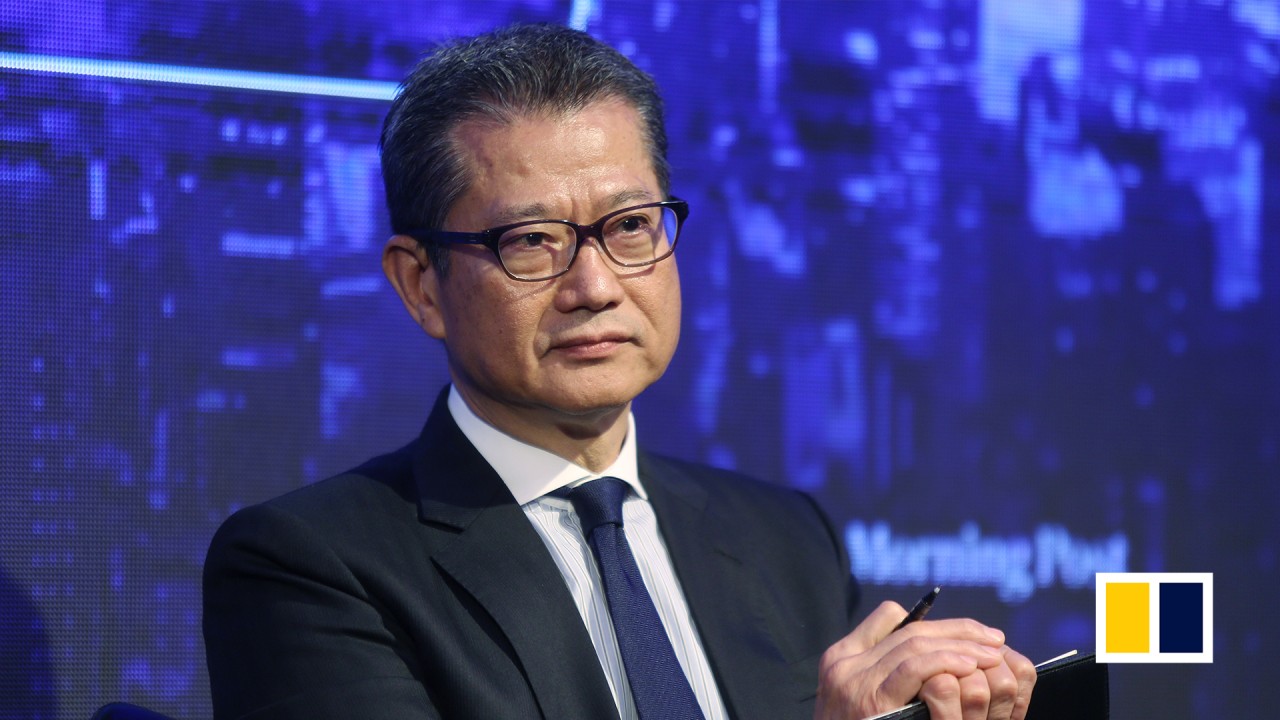
Property investors on alert as governments impose wealth taxes, plan more levies on market to replenish stimulus coffers
- Countries from Argentina to South Korea and Canada have raised taxes or are mulling new ones to refill coffers to fund more stimulus spending
- Real estate or wealth tax is one way to refill state reserves depleted by spending to overcome Covid-19 impact, Knight Frank says
Some countries, from Argentina and South Korea, have turned to populist policies by slapping levies on property market transactions, which could dent demand from overseas investors in their home markets, analysts said.
“Real estate or wealth tax is one way for governments to replenish their reserves, which have been lowered in the form of expenses to cope with Covid-19,” said Martin Wong, associate director, research and consultancy, Greater China at Knight Frank. This could chill demand, judging from Hong Kong’s experience in recent years, he added.

02:04
Japan’s new US$121 billion fiscal package to boost growth amid trade war and post-Olympic slump
Argentina rolled out a progressive tax in January that raises the levy to as high as 5.25 per cent on individuals with more than 200 million pesos (US$2.5 million) of assets. Last July, South Korea hiked real estate tax rate on multiple homeowners to as much as 6 per cent annually. The Netherlands increased transfer taxes for real estate investors to 8 per cent from 2 per cent from January 1.
Such a tax represents an “important revenue collection for the government,” said Sing Tien Foo, professor of real estate and the director of the Institute of Real Estate and Urban Studies at the National University of Singapore.

01:43
Paul Chan: ‘no fear’ in waging war at private developers
Property tax revenue contributed about 9 per cent of the total tax collection of Singapore in the 2019-2020 financial year, Sing added. The collection remains relatively stable, and may increase with higher property values and urbanisation process, he said.
Canada, whose foreign homebuyers are estimated to account for between 5 and 10 per cent of total transactions, is seeking to introduce a national tax on properties bought by non-resident, non-Canadian buyers, In the Bahamas, a government committee suggested lifting the US$60,000 cap on annual property taxes paid by owner-occupiers in the Caribbean nation.

In New York, homeowners could be subject to another property tax, following a mansion tax in 2019 that raised transfer fees on homes selling for more than US$2 million. A “pied-à-terre tax” of 10 per cent to 13.5 per cent could hit non-owner-occupied properties valued at US$5 million and above.
Besides being a wealth tax, a levy on property is also one way for governments to cool runaway home prices and provide more housing to the local population especially during an economic slump.
“Real estate tax is a quasi-wealth tax as well as a tool to stabilise property prices with more taxation at the transactional stage rather than at the possession stage,” said Cheng Wee Tan, Singapore-based senior equity analyst at Morningstar.
Still, analysts also warned that such a tax could undermine investor confidence and temper demand especially among foreign investors.
“Depending on the implementation details, a newly introduced property tax will discourage foreign homebuyers, as we have seen the impact of Buyer’s Stamp Duty in Hong Kong over the past few years,” Wong of Knight Frank said. “It also hurts the luxury property market as quite a significant proportion of luxury homebuyers are from overseas.”
The measure may also not be an optimum way to boost government resources, Sing of NUS said.
“It is not a good strategy to use real estate tax to shore up their coffers, which will be translated to high living and business costs for local and foreign individuals and companies, and make the countries less competitive in attracting talents and capital,” he added.

